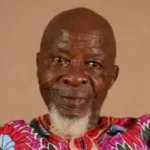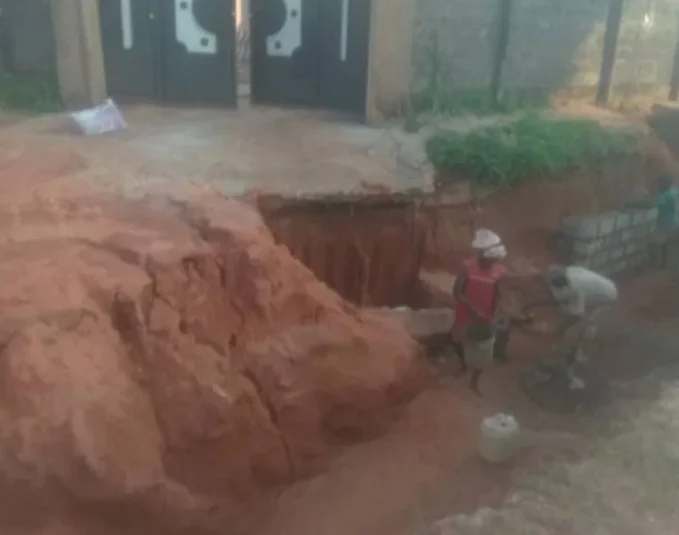Mozambique Imposes Social Media Restrictions Amid Election Protests
Mozambique’s access to social media was blocked for the second time this week, as public frustration mounts over disputed election results. According to the London-based internet watchdog NetBlocks, access to platforms like Facebook, Instagram, and WhatsApp was restricted on Thursday, impacting millions. This measure comes as opposition leader Venancio Mondlane, head of the Podemos party, urged a nationwide strike in protest of what he alleges to be a rigged election that unfairly awarded victory to the ruling Frelimo party’s candidate, Daniel Chapo.
The city of Maputo appeared largely deserted on Thursday, with residents heeding warnings from the police, who sent out text alerts advising against involvement in any “sabotage” activities. Reports indicate that similar messages were delivered to journalists, including an AFP correspondent. The police’s preemptive action underscores the heightened tensions across the nation, where dissatisfaction with the electoral outcome is boiling over into the streets.
The controversy erupted after Mozambique’s electoral commission declared Chapo the winner with 70 percent of the votes, a figure the opposition considers implausible. Mondlane, who trailed with only 20 percent, called for a recount, urging the nation to “paralyze” until justice is served. On Sunday, his party formally petitioned Mozambique’s Constitutional Court for a review of the results, a request that has now led the court to demand detailed polling data from six provinces and the capital, Maputo, with an eight-day deadline for submission.
The election has drawn criticism from international observers, with representatives from the European Union noting significant irregularities throughout the electoral process. Following the announcement of results, protests erupted in several cities, sparking clashes between opposition supporters and police. Human Rights Watch reported that at least 11 people died during the protests on October 24 and 25, with more than 50 others sustaining injuries.
In response to the unrest, Mozambique’s public prosecutor issued a statement affirming citizens’ right to protest but warned that those causing harm to people or property would face legal repercussions. Despite these assurances, the government’s crackdown on communication channels has raised alarms about freedom of speech and access to information in the country.
As the Constitutional Court evaluates the legitimacy of the election results, Mozambique stands at a crossroads. With Frelimo ruling the country for nearly five decades, the opposition claims this election represents a critical moment for democracy in the nation. Whether the public’s call for accountability will be met remains uncertain, but the government’s moves to stifle information and restrict social media access reflect its commitment to maintaining control amid growing dissent.






2 Comments